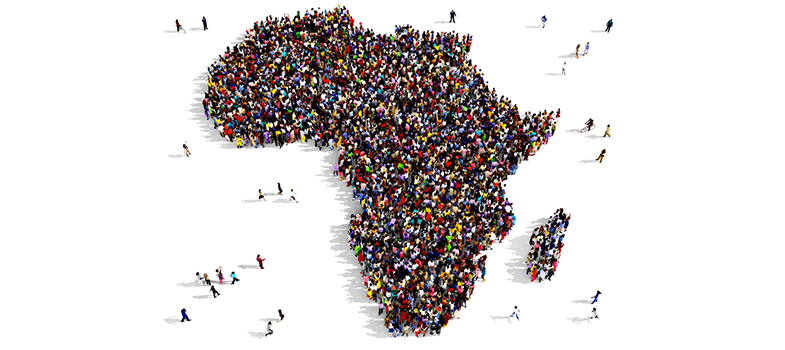Week 3: Entrepreneurship, migration and inclusive growth
Introduction
Welcome to Week 3 of the course. Last week, you looked at the broad debates surrounding migration and development and how they relate to inclusive growth; this week, you will delve deeper into this topic by looking at the migration–growth connection through a lens of entrepreneurship to ask:
- What and how do migrant business owners contribute to their host countries?
- What are they doing that is different or unique compared to non-migrants?
In addressing these questions, we focus mainly on two of the course learning outcomes:
- Understand the main debates and dimensions of inclusive growth.
- Appreciate and apply some of the methodologies for trying to measure inclusive growth.
You will be introduced to the main points and arguments in existing bodies of work, but will pay particular attention to entrepreneurship in Africa. You will also build on your experiences of data analysis from Week 2, this time using the MIAG firm survey data to explore the differing ways in which migrant businesses benefit African economies.
Watch Video 3.1, in which Bill Maloney, Chief Economist for Equitable Growth, Finance and Institutions in the World Bank Group, talks about entrepreneurship in developing countries.
Transcript: Video 3.1 Start-ups to scale-ups.
This agenda is one of increasing importance for us. We face right now – in the world, in developing countries – a problem of low productivity growth in general, and probably, particularly in the case of resource exporters, deficient diversification of economies.
Certainly in Latin America right now, a lot of folks are saying, ‘Hey, my commodity prices have now become a third of what they were before. I need to have many more industries that are exporting and that will cushion me from these shocks in the future.’ That’s great. Somebody needs to do that, and that’s not the state.
So, question is, are there entrepreneurs who are capable of entering new markets on a large scale and creating these new industries? It’s the same thing with the literature on structural transformation: ‘We have to get out of agriculture, out of primary goods and into manufacturers or services.’ That’s great, but that’s not something you do by fiat; you have to have entrepreneurs on the ground who are opening those new industries, creating those new opportunities.
So all of these things that we say from 80,000 feet – ’Oh, this has to happen, or this should happen or we’ve seen in the past this happen’ – when you get down to the ground, there are people, individual entrepreneurs, who are pushing this agenda or pushing these industries for growth, and we have to understand them more.
If you think back to the key debates, one of the trends that was highlighted was the tendency by agencies such as the World Bank, to approach inclusive growth from a national perspective. Maloney flips this thinking on its head and suggests that small-scale entrepreneurs are a critical component to triggering economic diversification and catalysing market growth.
